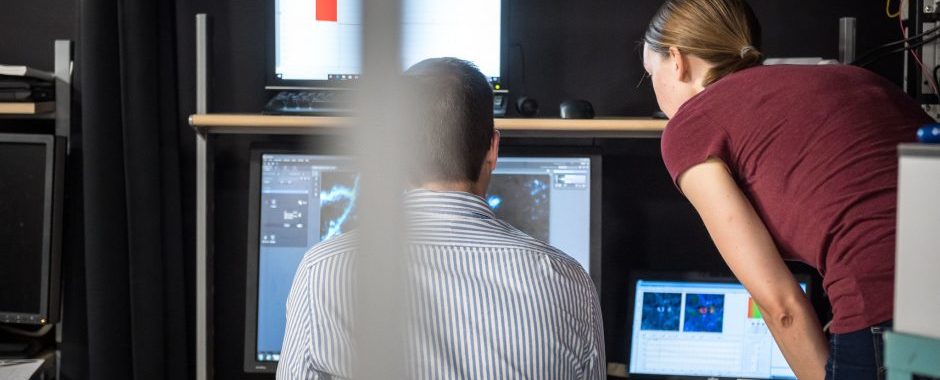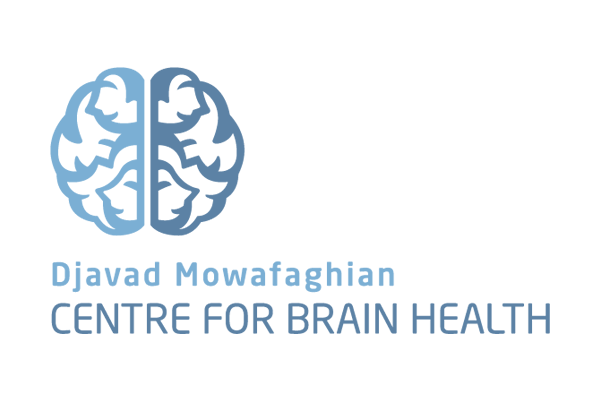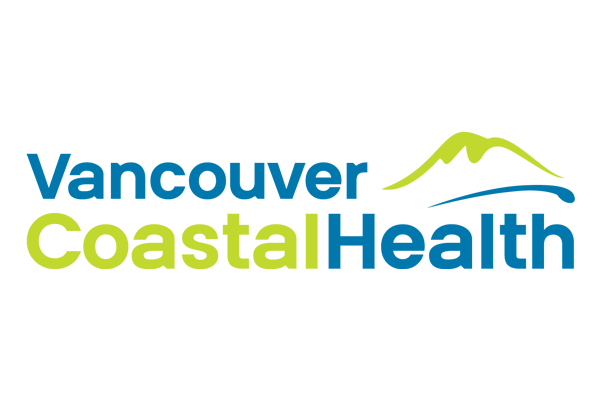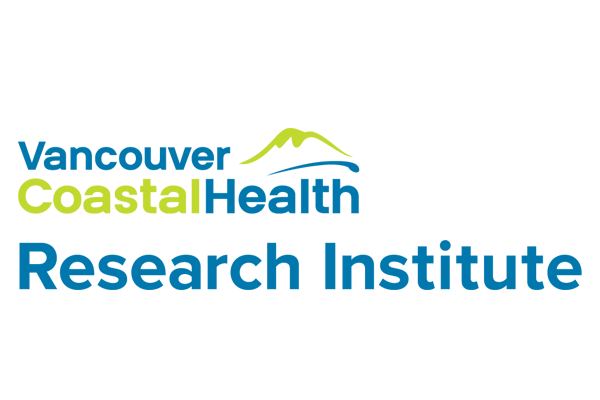
REGISTERING FOR NRSC COURSES
For both GPN and non-GPN Students: for Winter 2024 registration, please contact ubc.neuroscience@ubc.ca to register for all coursework NRSC courses (NRSC 550,551,552,553 and 510). The program coordinator will register all incoming students for the thesis courses (NRSC 549 and 649). All continuing students need to register for Winter 2024 thesis courses on Workday.
CORE NRSC COURSES
Please see important updates for Winter 2024 Registration here.
NRSC 550 will run the first half of Winter term 1 and NRSC 551 will run the second half of Winter term 1. NRSC 552 will run the first half of Winter term 2 and NRSC 553 will run the second half of Winter term 2.
NRSC 550 will run 8:30-10:20am on Mondays, Wednesdays, and Fridays in Djavad Mowafaghian Centre for Brain Health (DMCBH) 3402A-C.
NRSC 551, 552 and 553 will run 9am-10:50am on Mondays, Wednesdays and Fridays in Djavad Mowafaghian Centre for Brain Health (DMCBH) 3402A-C.
ELECTIVE NRSC COURSES
NRSC 510: Topics in Neurodata (3)
NRSC 510 A, B and C are offered during Winter Term 1.
Tuesdays 15:30-16:30 and Fridays 12:30-14:00pm.
Location: NINC Data Analysis/Computation Lab (Djavad Mowafaghian Centre for Brain Health)
Course coordinator: Timothy Murphy 510A, B and C
Instructors: Jeff LeDue (510A, B and C) and Federico Bolanos 510C
This course is restricted to students in the Graduate Program in Neuroscience. All other students must obtain permission from the course coordinator.
Typically students new to topics in neurodata and neuroimaging would enroll in 510A and advanced students would enroll in 510B. In some cases it would be possible to enroll in both courses in different years provided novel material was investigated within a project; NRSC 510A and B run concurrently.
Advanced students interested in the dynamics of the mouse visual system and the use of open data from the Allen Institute for Brain Science should enroll in 510C with permission (pre-approval required before registration prior to Sept. 1st) from the coordinator. 510C will be an opportunity to contribute to cutting edge original project that may lead to an authorship on a team publication.
- Students will begin to learn or refresh their coding skills using the materials used in the Dynamic Brain Circuits "Intro to coding" sessions in Matlab, python or R.
- While developing their skills students will choose a coding project to work on using their thesis data, data from an open repository/publication or data previously collected at UBC. Projects could reproduce a figure/finding from a paper, illustrate a well-known result from open data, or answer a new scientific question.
- Students will work with instructors/tutors to determine a manageable scope for their project to help ensure that it can be completed in the time allotted, will not be limited by available computing resources and are clearly delineated into reading data, working with the data, and saving outputs/figures.
- Students will meet the instructor(s) in the classroom for guided intro to programming sessions with an additional 2 hours of tutoring support available through the online Databinge forum.
- Students should expect to spend a comparable amount of time working independently on their projects.
- For evaluation, students will provide a written report, code (well-documented Jupyter notebook, R markdown file, or matlab script), and a final presentation at the Databinge forum.
- Students will already be comfortable with programming in Matlab, python or R. Review of the materials used in the Dynamic Brain Circuits "Intro to coding" sessions is at their discretion.
- Students will choose a coding project to work on using their thesis data, data from an open repository/publication, or data previously collected at UBC. Projects could reproduce a figure(s)/finding(s) from a paper, illustrate a well-known result(s) from open data, or answer a new scientific question(s).
- Students will work with instructors/tutors to determine a manageable scope for their project and will report to all in class sessions alongside 510A students. This may include identifying additional computing resources, either in the NINC lab or using iMAP Compute Canada resources.
- Students will meet the instructor(s) in the classroom for project guidance with an additional 2 hours of tutoring support available through the online Databinge forum.
- Students should expect to spend a comparable amount of time (as scheduled in class time) working independently on their projects.
- For evaluation, students will provide a written report, code (well-documented Jupyter notebook, R markdown file, or matlab script), and a final presentation at the Databinge forum.
An opportunity for three advanced students (contact the coordinator for pre-approval before registration) to work with existing mouse visual system open data sets and new not publicly available data sets from the Allen Institute for Brain Science. This is expected to be a group data analysis project that will likely lead to a team paper. Inclusion within the team manuscript is dependent on overall contribution and input from other team members and it is expected that the data analysis (and contributions for a paper) may take longer than the course term. Assessment will be based on student’s understanding of the biology, software tools, and repositories they create during regular course period and attendance in weekly team meetings. Attendance in NRSC510A/B lectures and tutorials will be optional for these students. Topics may include study of neural coding, cortical cellular mapping, “representational drift”, and computational modeling.
NON-NEUROSCIENCE STUDENTS
Taking NRSC courses for Credit or Audit: Students who are not in the Neuroscience graduate program may register for courses with permission from the course instructor. Please contact ubc.neuroscience@ubc.ca for more information. Please include your name, UBC student number and why you are interested in taking the course(s).


